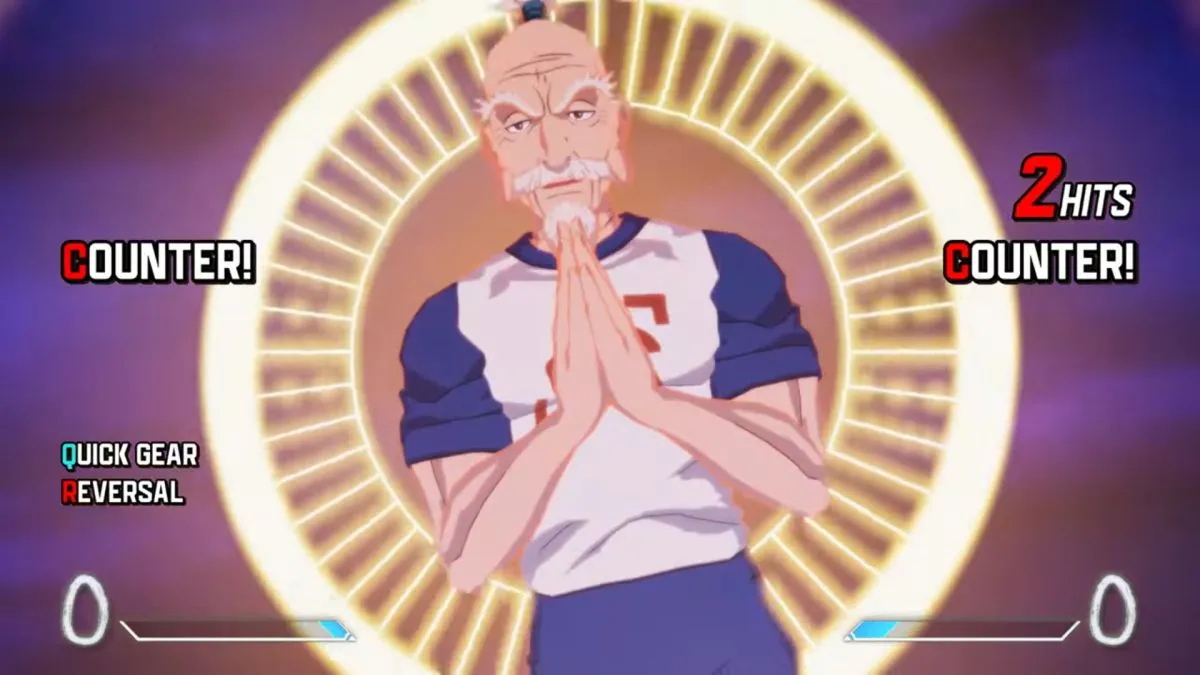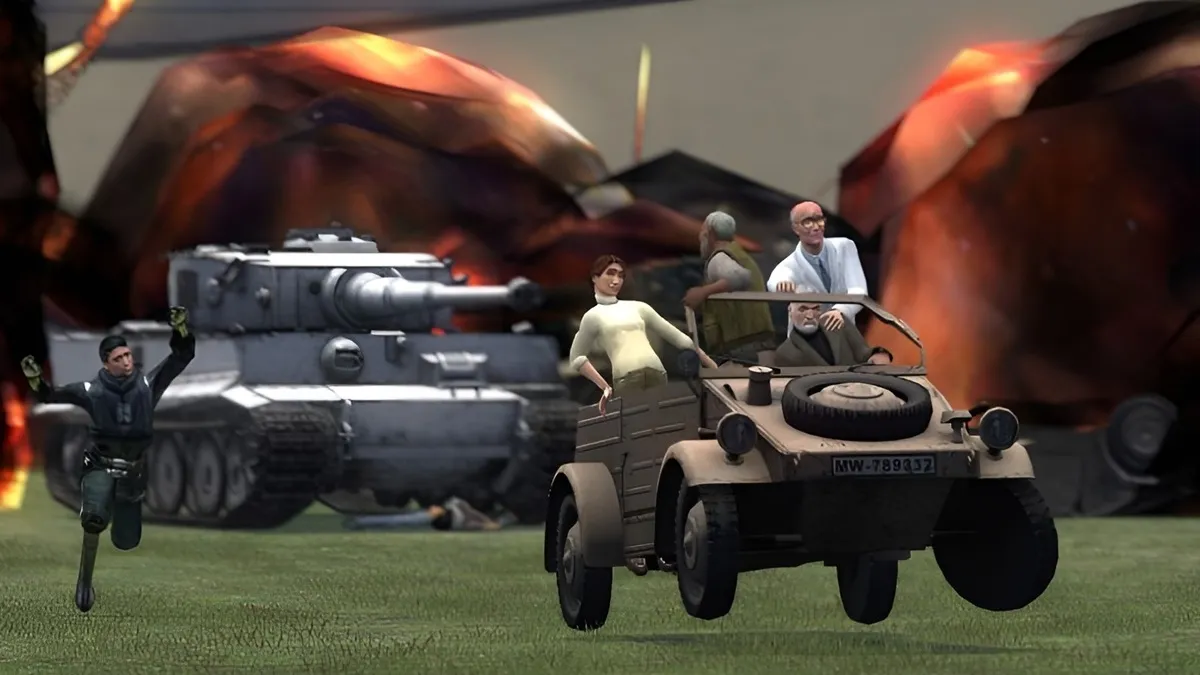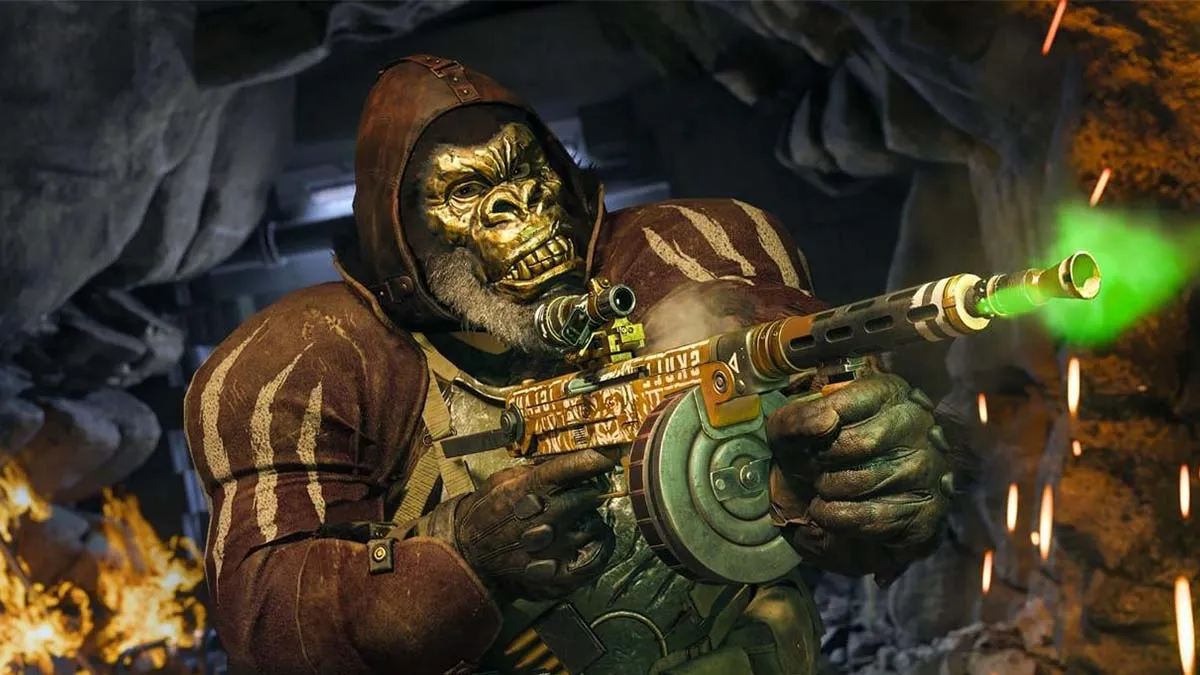[Editor’s Note: We’re not just a (rad) news site — we also publish opinions/editorials from our community & employees like this one, though be aware it may not jive with the opinions of Destructoid as a whole, or how our moms raised us. Want to post your own article in response? Publish it now on our community blogs.]
Have you ever played a game so beautiful, so thought provoking, that you knew it was art? Too fucking bad. It’s the future, and games still aren’t art.
“But author of this blog entry” you say “I’ve played Shadow of the Colossus. That game was art.”
Nope, not art. Games can’t and won’t be considered art until we start making games for the sake of making art. We also need to press a cultural revolution where, instead of games being expensive toys, games are respected on the level of literature, music, movies and classical art.
Let me explain.
Games, right now, are caught in an awful in between. You have a generation of people, let us call them the “nay sayers”, that is made up of our parents and their parents. Chances are, if you are reading this, you understand the potential that games have to be art. Chances are, if you understand this potential, you understand that your parents and their parents don’t. That’s okay. There is an even better chance that your parents and their parents have owned/seen/interacted with a Wii and think that they too can have in on videogames. Don’t tell them I said this, but it will take most of them dying out before we see any change in the industry.
You see, these “nay sayers” will never know videogames like we know videogames, because they’ve grown up without them. Sure, they can appreciate them, but a good portion of our generation (and when I say “our” I mean anyone who touched a home system before college) was actually raised with videogames. Videogames have been implanted in our psyche, the same way our parents grew up with television, or their parents grew up with books. I wouldn’t be surprised if one of the leading reasons today’s kids are still literate is because of a) the Internet and b) videogames. We are a different breed, just like every breed before us we are a product of a newer world.
When I was in elementary school, I played through Final Fantasy VII. I learned that, by hitting buttons on a controller, I could move an avatar through a story more interesting than I could think up on my own and do things cooler than I could ever do on my own. I could save a world. I don’t know what my dad did in elementary school, but I’m sure he used his imagination, or something equally as futile (maybe he drew something) and got nothing out of it. He’s successful now, and I’m not. But when you put a game, an art game, like Shadow of the Colossus, in front of the two of us, he wouldn’t be able to figure it out enough to actually “experience” it. I could.
Games require that you have some kind of motor skills and enough comprehension of a controller to complete a game. My dad won’t touch any game on a console because he can’t stand holding a controller in his hands. How do we expect the world to acknowledge games if they can’t even play them? No wonder Roger Ebert doesn’t believe games can be art, when he wouldn’t be able to play through Silent Hill 2 even if he tried. It would take him so long, counting on skills and a controller he never learned, to get through that he’d more than likely give up.
That’s problem one: there are people out there who just, no matter how hard we try, will NEVER be able to truly play videogames. These people will always exist, but a lot of them will die out and that problem will have solved itself (for the most part).
Problem two is that the industry is run like Hollywood. Someone comes up with an idea, they try to get funding, and, if the people with money cut them a deal, a game is born. The problem is that people with money don’t like to spend money without getting money back, so naturally they will do everything in their power to make sure a game will turn a profit. They will influence the original vision in some way, and, at that point, the vision has been compromised.
Sometimes people are given the opportunity to do more of what they want, and the less compromised the vision generally the better the game. Shadow of the Colossus, Braid, Ico, Flower, Metal Gear, Katamari Damacy, etc are all examples of this principle in action. But the problem is that all of these games had to turn a profit of some kind. If the developers were allowed to do whatever they wanted, without ever worrying about money, imagine the kinds of games we could be playing!
Sadly, we are only just seeing the influx of a healthy indie dev community in this generation; they still need to turn a profit, but they are still more artistically in tune with their work than, say, Infinity Ward. But, to my point, so long as money is an issue, games can never be truly genuine.
“But…but…” you say impatiently “games can still TOTALLY be art. Don’t be such a downer!”
You would be right, but the third problem is that games are ALSO meant to entertain people. If a game is not fun we would wonder why someone even bothered to make it at all. But why? Imagine a game that made you feel awful playing it. A game that just tried to upset you. We would probably not want to play such a game, but if video games are to ever move past being just fancy toys we have to be prepared to be challenged by them. We have to embrace games as experiences, and not expect them to entertain us in some way.
The point I’m trying to make is, an artist works in the studio and comes out with something; a writer writes, a painter paints, a singer sings. A game developer needs a team, and resources, to do much of anything. When someone can sit down, or enter a studio, and come out with a product without worrying about anything else, games will be able to be art. There will come a time, but that time is not yet here.




